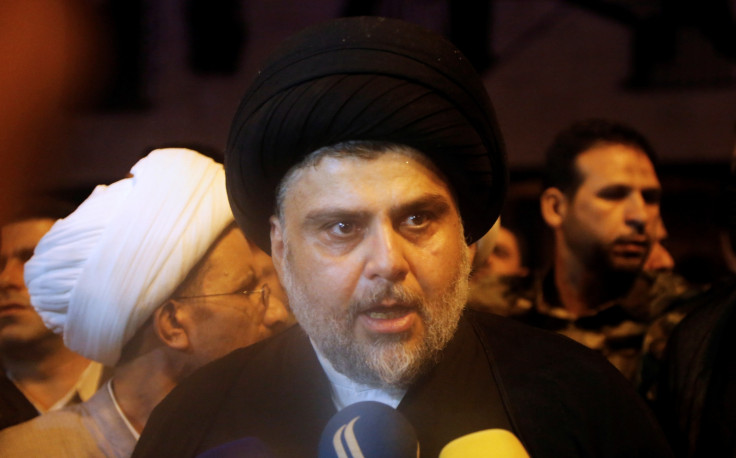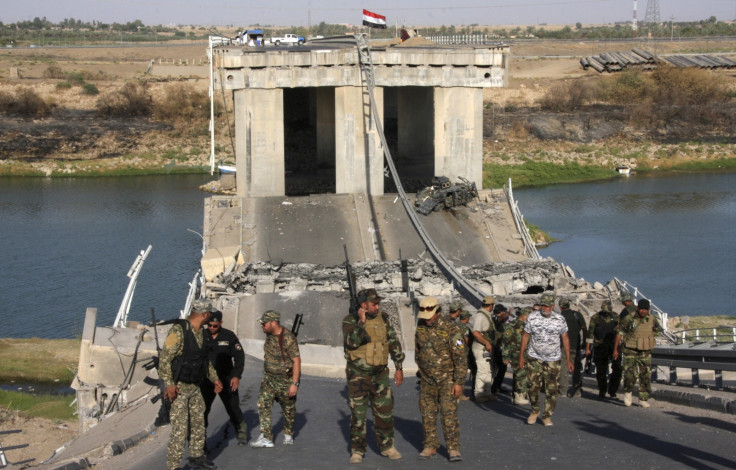Iraq: Baghdad-based Shia Muslim cleric tells supporters to target US troops fighting Islamic State
His response comes after Pentagon announced it would deploy additional troops in Iraq.

A prominent Iraqi Shia Muslim cleric has urged his followers to target US forces deployed in the country to drive out Islamic State (Isis) militants. Muqtada al-Sadr posted his suggestions on his official website when a follower asked him for his response about Washington's decision to beef up its presence in the country.
During an unannounced visit to Baghdad on 11 July, US Defense Secretary Ash Carter revealed that the Pentagon would send an additional 560 troops to help the Iraqi government strengthen its offensive to seize back control of Mosul, Iraq's second largest city. The city is currently a stronghold of the jihadist militants.
Sadr rose to prominence for his role in leading the Mehdi Army, which he formed in 2003 to fight US troops during its invasion in Iraq. "They are a target for us," Reuters reported him as saying in response to a question on his webpage. However, it said he did not elaborate further.
In May 2015, Sadr threatened to attack US forces if Washington passed a bill that would enable Kurdish Peshmerga forces and Sunni rebels get their own independent country. The US felt it would make these two forces eligible to receive its support directly to combat IS (Daesh) militants in the event of the Iraqi government failing to empower them.
"If the time comes and the proposed bill is passed, we will have no choice but to unfreeze the military wing that deals with the American entity so that it may start targeting American interests in Iraq and outside of Iraq when possible," Sadr said, according to Long War Journal website, which tracks and reports military news.
Although his previous army was demobilised in 2008 and replaced by the Peace Brigades, he has been maintaining his presence in and around Baghdad. The Mehdi Army was against the existence of foreign troops or extremists in Iraq, including al-Qaeda Sunni militants. Despite being a prominent figure in Iraq, Sadr holds no elected office but in recent months has been rooting to bring political reforms in Iraq and an end to government corruption.
Sadr's supporters have also been fighting the IS in the last two years since the Sunni militants swept across much of Iraq's western and northern regions.
The new US troops in Iraq will offer support in logistics, engineering and other forces. They are expected to set up an airbase about 64km (40 miles) south of Mosul. The deployment of these troops would increase the number of US forces in Iraq to around 4,650. It is reported to be much lower compared to its 170,000 members who were occupying the country for nearly nine years.
Besides Sadr and his army, other Shia militias, especially those backed by Iran, have threatened to attack US forces in recent times, Reuters reported.

© Copyright IBTimes 2025. All rights reserved.





















